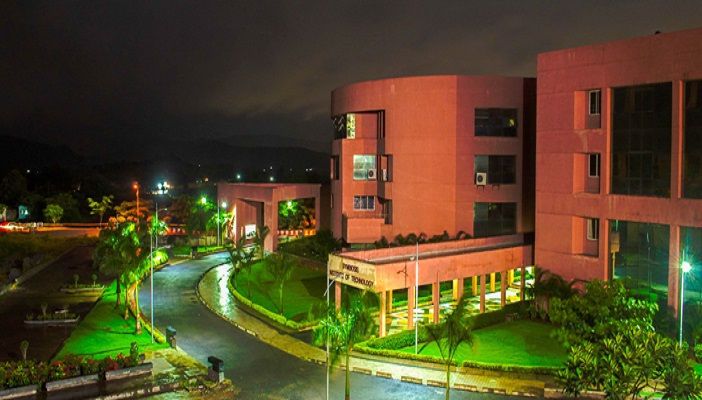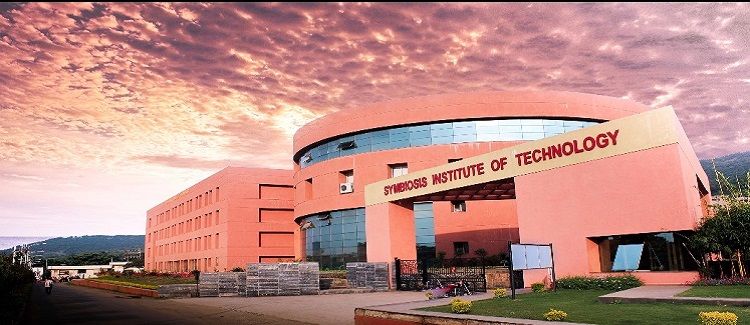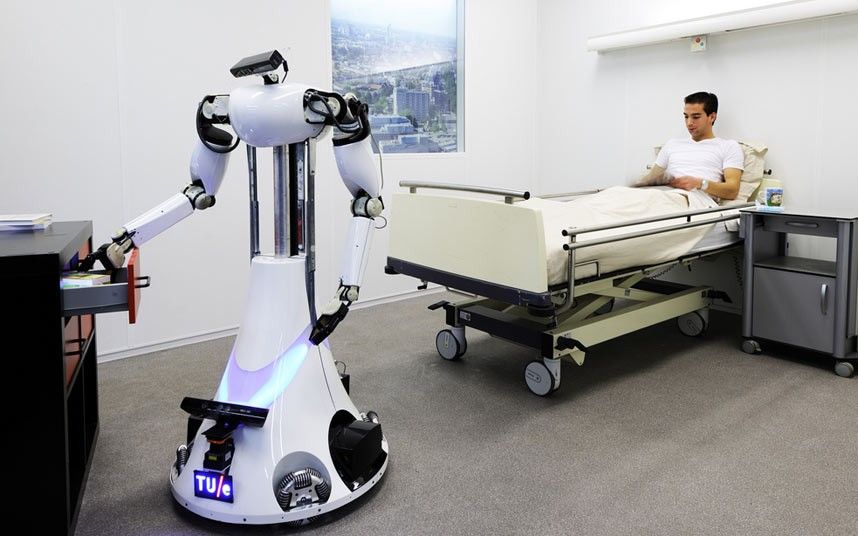In an era defined by rapid technological evolution, Symbiosis International University has unveiled its newest venture: the Artificial Intelligence Institute (AII). This cutting‑edge center aspires to become a global hub for AI education, research, and innovation. Through robust academic programs, interdisciplinary collaboration, and strategic industry partnerships, the AII is poised to shape the future of intelligent systems, equipping students and professionals alike with the skills to lead in a data‑driven world.
The Genesis of the AI Institute
Symbiosis’s decision to establish the AII stems from the burgeoning demand for AI expertise across sectors from finance and healthcare to manufacturing and entertainment. Recognizing AI’s transformative potential, university leadership charted a vision for an institute that not only delivers rigorous instruction but also drives real‑world applications through research and collaboration. With an inaugural cohort slated for the upcoming academic session, the institute marks a milestone in Symbiosis’s commitment to advanced technology education.
Mission and Vision
The AII’s mission centers on three pillars:
A. Education Excellence – Delivering industry‑aligned curricula that blend theory with hands‑on practice
B. Innovative Research – Advancing AI frontiers through interdisciplinary projects
C. Societal Impact – Applying AI solutions to address global challenges
Its vision is clear: to cultivate thought leaders who leverage AI ethically and effectively, driving sustainable innovation and economic growth worldwide.
Comprehensive Academic Programs
To meet diverse learner needs, the institute offers multiple program tiers:
A. Postgraduate Diploma in AI
-
Duration: 1 year (full‑time)
-
Focus: Core machine learning, deep learning, data analytics
B. Master of Technology (AI Specialization)
-
Duration: 2 years (full‑time)
-
Focus: Advanced algorithms, natural language processing, computer vision
C. Executive Certification in AI for Managers
-
Duration: 6 months (part‑time)
-
Focus: Strategic AI deployment, project management, ethics
D. Modular Short Courses
-
Topics: Reinforcement learning, AI in healthcare, ethical AI frameworks
Each program integrates case studies, lab work, and capstone projects, ensuring graduates possess both conceptual depth and applied expertise.
State‑of‑the‑Art Facilities
The AII campus boasts:
A. High‑Performance Computing Labs – GPU clusters for deep neural network training
B. AI Innovation Hub – Collaborative workspace for startups and students
C. Data Visualization Studio – Interactive dashboards for real‑time analytics
D. Robotics and IoT Workshop – Hardware prototyping and embedded systems
These facilities foster experimentation across AI subfields, from algorithm design to physical deployment in robotics and edge devices.
Research Focus Areas
At the heart of the institute lies its research agenda, spanning multiple domains:
A. Machine Learning & Deep Learning – Novel architectures, optimization techniques
B. Natural Language Processing (NLP) – Speech recognition, sentiment analysis, automated translation
C. Computer Vision & Image Processing – Object detection, 3D reconstruction, medical imaging
D. Reinforcement Learning & Autonomous Systems – Robotics, self‑driving vehicles, intelligent agents
E. Explainable & Ethical AI – Fairness, transparency, accountability, bias mitigation
F. AI in Healthcare – Diagnostics, personalized medicine, predictive analytics
G. AI for Sustainable Development – Climate modeling, resource management, energy optimization
Multidisciplinary teams comprising computer scientists, engineers, psychologists, and ethicists collaborate on projects, ensuring solutions are technically robust and socially responsible.
Industry Partnerships and Collaboration
Symbiosis AII has forged alliances with leading technology firms, research labs, and governmental bodies to enhance learning and research outcomes:
A. Tech Corporations – Co‑developing internship programs, sponsored research
B. Healthcare Providers – Piloting AI‑enabled diagnostic tools and telemedicine platforms
C. Automotive Manufacturers – Testing autonomous navigation and predictive maintenance systems
D. Financial Institutions – Collaborating on AI‑driven fraud detection and algorithmic trading
E. Startups & Incubators – Supporting prototypes through mentorship and seed funding
These partnerships enable students to tackle real‑world challenges, translating theoretical insights into market‑ready innovations.
Faculty and Leadership
The institute’s faculty roster features distinguished academics and industry veterans:
-
Dr. Ananya Rao, Director of AI Research, renowned for work on generative adversarial networks
-
Prof. Karan Malhotra, Head of Machine Learning, with publications in top‑tier AI conferences
-
Ms. Priya Sen, Industry Liaison Officer, formerly leading AI initiatives at a Fortune 500 company
Guest lectures by AI thought leaders and regular workshops ensure the community stays abreast of emerging trends.
Student Experience and Extracurriculars
Beyond academics, the institute cultivates a vibrant ecosystem:
A. AI Clubs & Societies – Student‑driven groups focusing on robotics, hackathons, ethics in AI
B. Annual AI Symposium – Platform for presenting research findings to peers and industry experts
C. Mentorship Programs – Pairing novices with senior students and alumni for guidance
D. Innovation Challenges – Themed competitions fostering creative problem‑solving
These initiatives foster peer learning, networking, and leadership development.
Ethical Framework and Governance
Acknowledging AI’s dual potential, the AII emphasizes ethical practice:
A. Ethics Review Board – Oversight of research proposals for fairness and privacy compliance
B. Responsible AI Curriculum – Mandatory modules on bias mitigation, data privacy, regulatory standards
C. Open Data Policies – Encouraging transparent sharing while respecting intellectual property
This governance model ensures AI solutions align with societal values and legal requirements.
Impact on Industry and Society
The institute anticipates significant contributions:
-
Workforce Empowerment – Producing AI‑savvy graduates ready to drive digital transformation
-
Startup Acceleration – Incubating ventures that tackle pressing challenges, from healthcare to sustainability
-
Policy Influence – Advising regulators on AI guidelines and standards
-
Global Collaboration – Partnering with international universities to exchange knowledge and resources
By bridging academia and industry, the AII positions itself as a catalyst for economic growth and societal progress.
Future Roadmap
Looking ahead, Symbiosis’s AI Institute plans to:
A. Expand Online Offerings – Launch Massive Open Online Courses (MOOCs) for global reach
B. Establish Satellite Centers – Collaborate with regional campuses to decentralize AI education
C. Scale Research Funding – Secure grants for large‑scale, cross‑disciplinary projects
D. Launch AI‑Driven Incubator – Provide infrastructure and funding for early‑stage startups
E. Forge Global Partnerships – Tie‑ups with world‑leading AI institutions in North America, Europe, and Asia
These initiatives aim to sustain momentum and broaden the institute’s influence.
Conclusion
The inauguration of the Symbiosis Artificial Intelligence Institute marks a new chapter in AI education and research. Its comprehensive programs, world‑class facilities, and strong industry alliances equip learners to navigate the complexities of AI development responsibly. By fostering innovation, ethical practice, and real‑world impact, the AII is set to become a premier destination for aspiring AI professionals and researchers globally.














